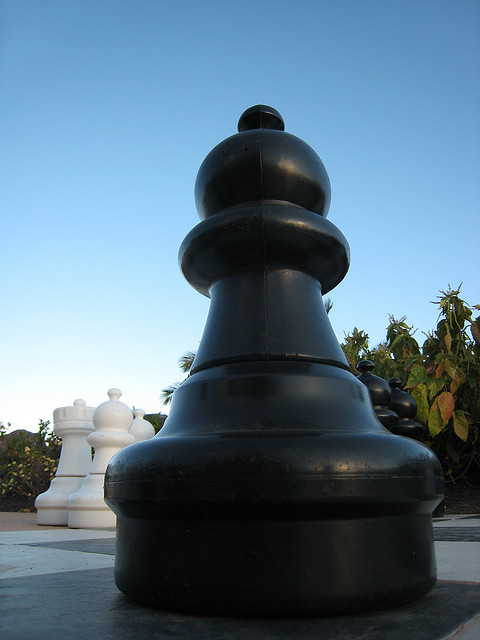There’s a lot of talk these days about how people can improve their brain function. Mental improvements like creativity, enhanced memory, better problem-solving abilities, and an overall higher IQ are desired by nearly everyone. As a result, more and more people are looking for ways to boost their brains’ capabilities, and one of those ways is through playing chess. But, does playing chess really make you smarter? Read on to learn how the game enhances brain performance—but don’t count out other activities just yet.
Exercise your Brain: Play Chess
Chess is indeed a good activity for exercising your brain and keeping it sharp, which is a necessary component of enhancing brain performance. Just like other parts of the body, the brain doesn’t increase unless it is used and conditioned daily. Part of this conditioning is doing things that are unfamiliar and challenging, and chess can definitely fall into that category. When a brain goes unexercised, the unused brain tissue can cause diminished brain function.

Improve Your Memory: Chess and More
It’s been established that playing chess exercises your brain by using brain tissue to solve problems that are unfamiliar, but what exactly does that conditioning do for brain function? Well, one thing that all that exercising does is increase a chessplayer’s memory capabilities. World chess champions are able to remember dozens of moves at once and can even play chess blindfolded by playing only from memory. Some players are even able to remember the moves of every game they’ve ever played! While playing chess probably won’t increase your memory to this extent, it may help when it comes to your ability to take in new information and organize this information within your mind. Chess isn’t the only thing that will help your memory, though—riddles, puzzles, and logic games also exercise the brain.
Building Creativity and Logic
Playing chess well requires creativity—players must be able to plan ahead, anticipate the other player’s move, and formulate a strategy that won’t be detected by the other player. This ability to think logically can transfer over to other life skills. The more you play chess, the more you grow the parts of your brain that control creativity and logic.
Games: They’re Social Activities
Games that you play with other people, such as chess, are good for increasing brain function because they’re social activities. New studies have found that rats that were living in isolation or distressed environments generated fewer new brain cells than did rats living in sociable environments. Social instability is associated with social stressors, which trigger depression-like symptoms in humans and can result in everything from lethargy to memory impairment. Because chess is an interaction between two people, it helps to relieve social stress and, in general, is good for mental stability and therefore brain function.
Staying Sharp: Other Activities that are Good for Your Brain
While chess is great for the brain, it’s not the only thing you can do to keep sharp. Exercising, eating well, making sleep a priority, managing stress, staying connected, meditating, engaging in purposeful activities, taking omega-3s, reading, doing puzzles, learning a new language, doing new physical activities, or even doing the Sudoku in your morning newspaper can help increase brain function.
In addition to chess and other board games, Michael Lowry writes on mtg 2014, Star Wars trivia, geek conventions, movie history and other nerdy topics.
Image credit goes to @Doug88888.



